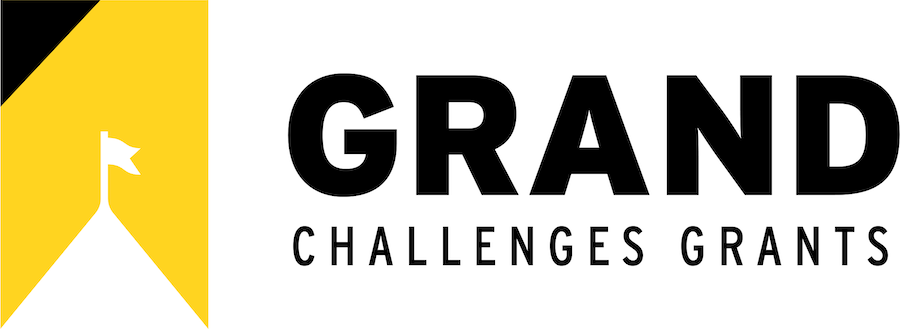Grand Challenges: Fetal Mammary Stem Cell Programming and Hormone Dysfunction
Grant Type: Individual Project Grant
Topics: Global Health
College Represented: AGNR
Summary:
Population studies on human breast health over the last few decades indicate an alarming prevalence of precocious and abnormal breast development, early onset of breast cancers in young women, and insufficient milk production during breastfeeding. While advancements in education and management strategies have been successful in mitigating perceived lactation insufficiency, it has become increasingly evident that many breastfeeding complications possess a physiological basis. From fetal growth to lactation, mammary development and homeostasis are regulated by hormone signaling. As such, reduced milk yield has been linked to hormone dysfunction caused by hyperandrogenic disorders including polycystic ovarian syndrome and adrenal hyperplasia. In addition to affecting lactation, hormone dysfunction during pregnancy also has implications in altering fetal mammary gland development. Therefore, the underlying biological causes of primary milk insufficiency in an adult may originate in utero. The overall objective of this project is to understand how negative external influences including abnormal testosterone levels irreversibly alter fetal mammary development and subsequent mammary function. This study will provide mechanistic insight into how hyperandrogenism, and ultimately aberrant fetal mammary programming in general, contribute to primary milk insufficiency and other breast pathologies manifesting in adulthood.

PI: Andrew Schiffmacher (AGNR),
Assistant Professor, Animal and Avian Sciences

